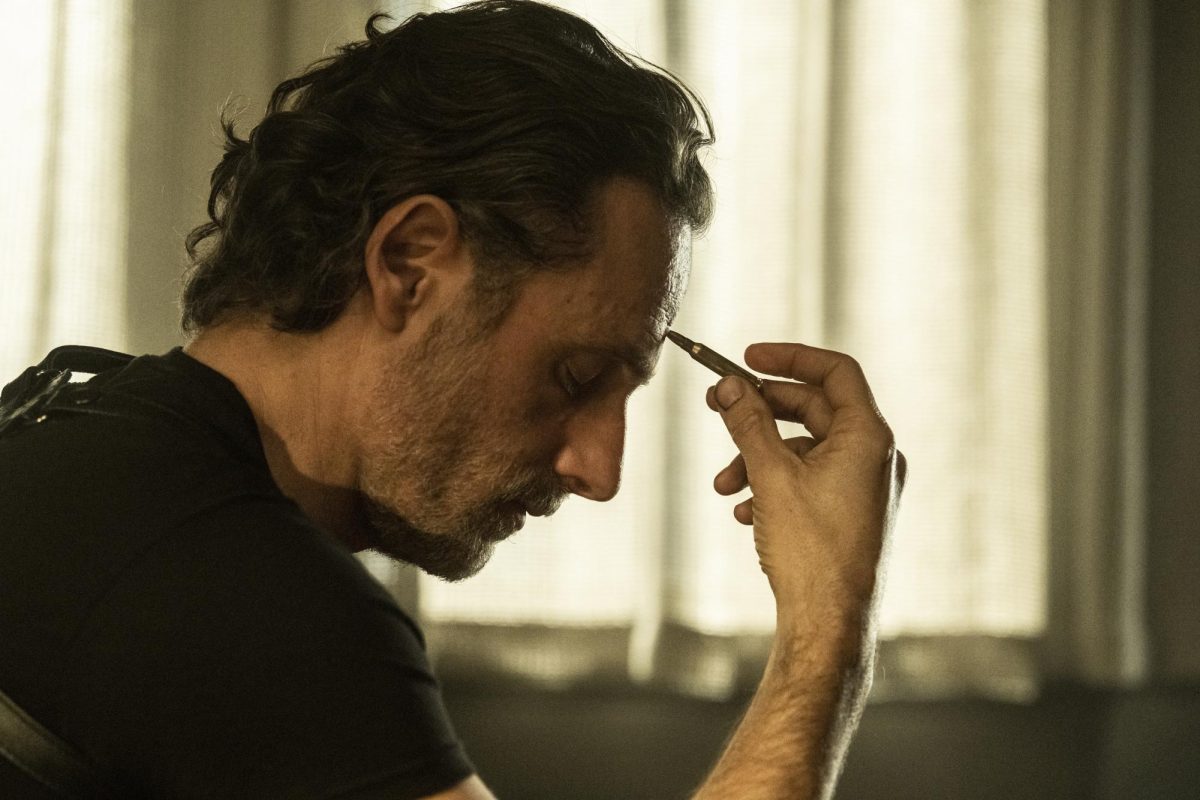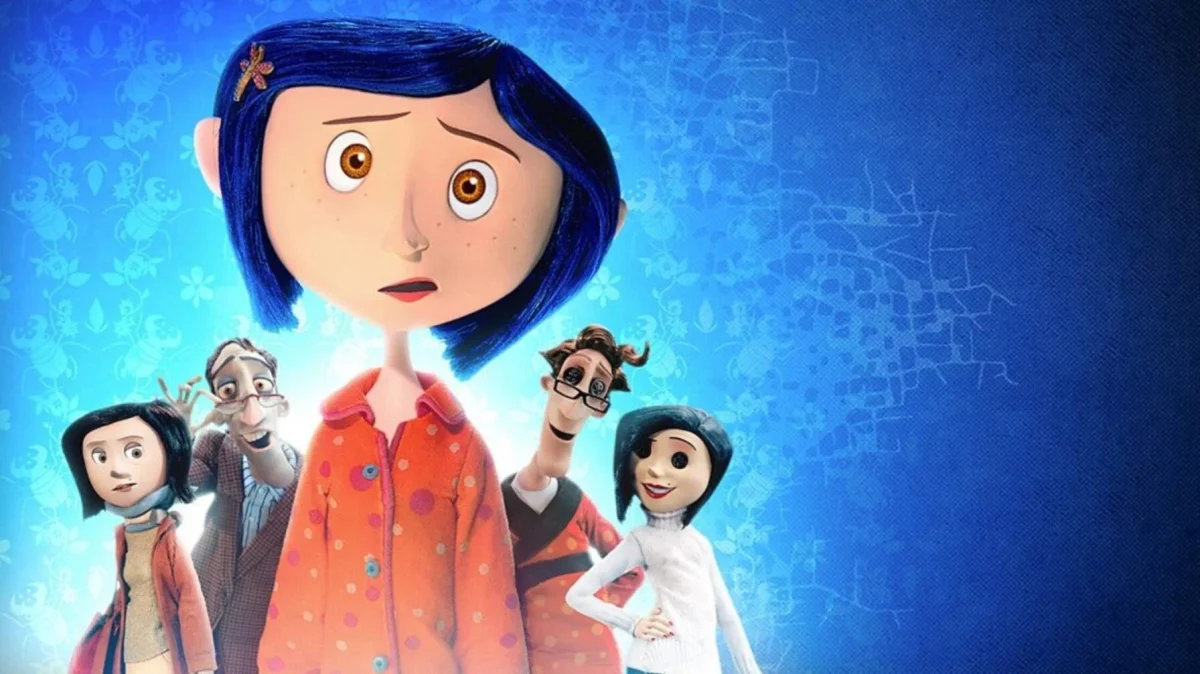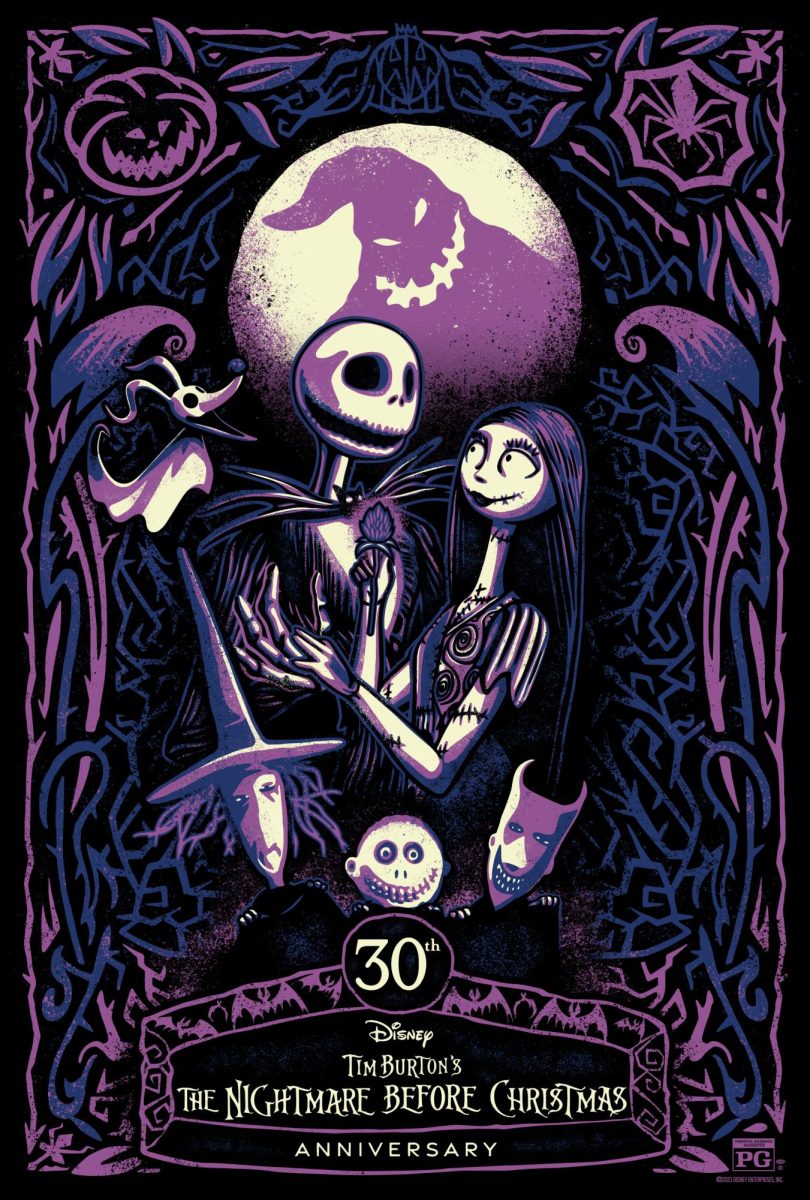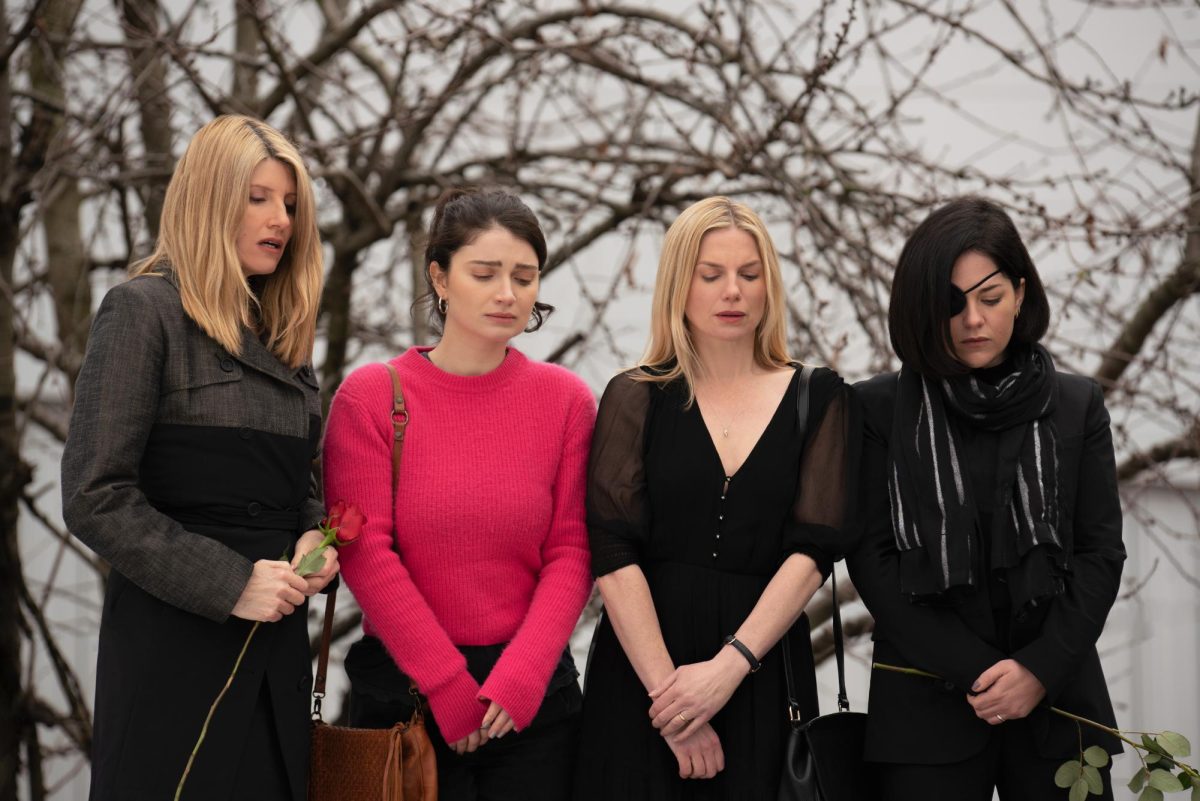The world of zombie media has long been saturated with hordes of the undead. From TV shows to movies, to video games, it all seems to follow the same structure: zombies show up, chaos ensues, and we see the same boring fight for survival with lame jump scares and sleep-inducing horror.
Season one of The Walking Dead manages to distinguish itself as a masterclass in storytelling, tension-building, and character development, creating an incredible memorable experience.
The first episode of The Walking Dead takes no time to plunge viewers into the zombie-ridden world of futuristic America.
In the very first episode, “Days Gone By”, the show presents us with a landscape that feels broken down and empty.
The episode opens with the protagonist, Rick Grimes, waking up in a run-down hospital to find the world around him has collapsed. He is left confused and dazed, wondering where civilization has gone. What is great about this opening is that we only find out what’s going on in this world as he does, leading to an extremely suspenseful watching experience. While the “waking up to a changed reality” trope isn’t new, The Walking Dead manages to pull it off in a new, and fashionable way.
The short, 6-episode season, works in its favor. Rather than meandering and taking the time to get to the point, it feels tight and focused. The story moves with a sense of urgency and all the dialogue holds an essential piece to the larger narrative, creating suspense and drama, as if Grimes is actually fighting for his life to survive in this new world.
What is truly amazing about The Walking Dead is how it treats its zombies. Instead of making them the sole focus of the show, The Walking Dead uses them as a backdrop to highlight human behavior under dire circumstances. It causes the show to take the form of a philosophical question about human morals and leads to intense dialogue between characters about what’s right and wrong.
A perfect example of this is in episode 5, “Wildfire” One of the side characters believes they should kill one of their friends who has become infected with the zombie virus, so he picks up a pickaxe and rushes over to the man before Rick puts a gun to his head and delivers the iconic line, “We don’t kill the living”.
Grimes believes that the man can be cured and therefore they should try to help him while the side character “Daryl” played by Norman Reedus believes he is a danger to the entire group.
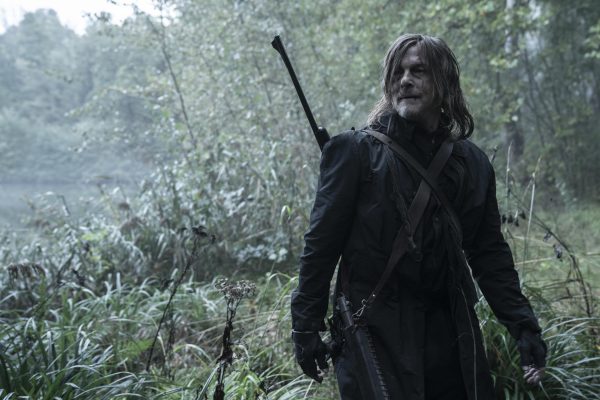
While deciding on a man’s life is already a difficult task in the real world, the addition of a zombie virus significantly complicates their decision-making process, leading to intense discussions and heated arguments.
“I remember watching for the first time and being on the edge of my seat waiting to see their decision. I wish I could watch it again for the first time,” sophomore Lindsey Dauk said.
Another standout aspect that makes The Walking Dead great is its cast. Andrew Lincoln’s portrayal of Rick Grimes creates a grounded, emotionally compelling protagonist who carries the weight of the season. His transformation from a sheriff to a reluctant, yet strong leader is gradual and extremely believable.
The supporting cast of Jon Bernthal as “Shane” and Sarah Wayne Callies as “Lori”, also bring complexities to their roles. Their dynamic is curious, Rick Grimes is caught in a dangerous love triangle, with only those who have watched the show knowing how it ends up. And believe me, you going to want to see it.
Season one of The Walking Dead is a rare example of zombie media excelling in many areas. Its success lies in its ability to balance horror and drama, and its world-building. The show doesn’t just ask how humanity survives a zombie apocalypse, but how humans will treat other humans to save themselves.
If you would like to hear from a more sophisticated author about this show then click this link

